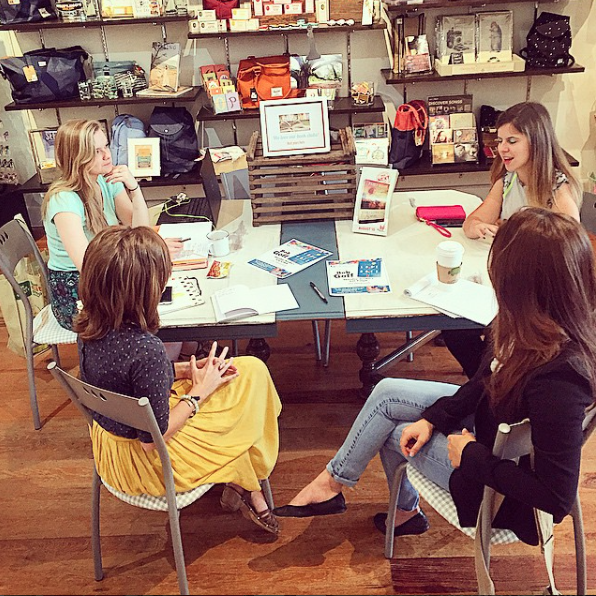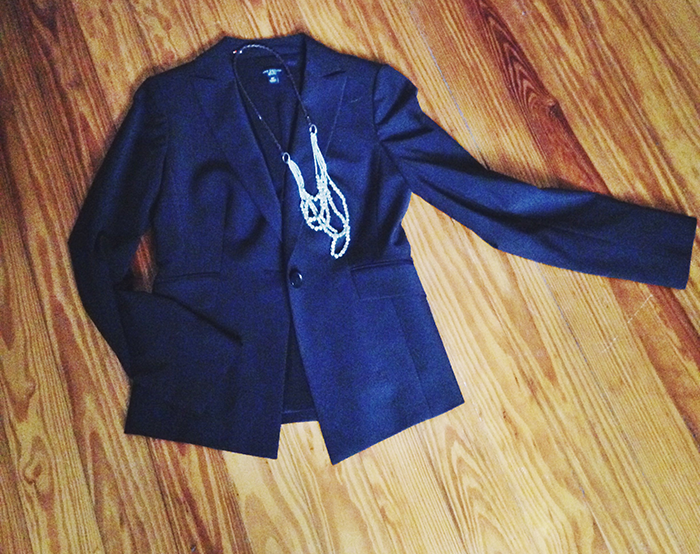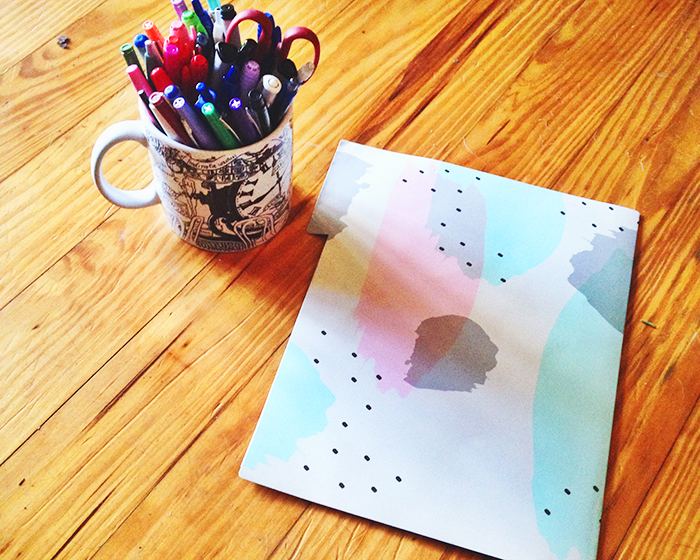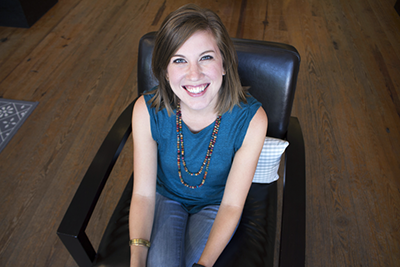 So much of our twenties and thirties are spent tackling “firsts”: first dates, first jobs, first homes, first kids. All these firsts mean most of us are just muddling through, trying different tactics to see what works, learning from our mistakes so we don’t make the same ones twice.
So much of our twenties and thirties are spent tackling “firsts”: first dates, first jobs, first homes, first kids. All these firsts mean most of us are just muddling through, trying different tactics to see what works, learning from our mistakes so we don’t make the same ones twice.
Enter the job interview.
Never are our insecurities more on display than when we’re dressed in uncomfortable polyester suits, answering questions about our professional strengths and weaknesses, while praying we don’t trip in our heels.
I’ve held 12 jobs since I was 13 years old, which means I’ve been on at least twice as many interviews. (You don’t get all the jobs you interview for, so put that dream away now.) As the owner of my own business, I now spend a fair amount of time interviewing other people, and with all sorts of experience now under my belt, here’s what I know about interviews:
-
That stuff your parents told you about dressing for the job you want? Absolutely true.
Every job is different, of course, and it may sound a little old fashioned, but I still believe dressing up for an interview – no matter how menial the job might seem – makes a huge difference in how you’re perceived by a prospective boss. A few months shy of college graduation, I applied for a coveted internship at Southern Progress Corporation, home to Southern Living and Coastal Living. My journalism-loving heart thought it was the perfect place to start my career, so I donned my khaki Ann Taylor pantsuit (not a look I’d necessarily recommend today), blew dry my new haircut, and marched into the office trying to avoid looking as nervous as I felt. All of us potential interns sat in the same holding area, and when I looked around, I was the only one in pants, the only one in a suit. Adorable sundresses and sandals were abundant, and I felt like I’d already missed any chance I had at writing for the magazines I loved. Fast forward a couple of weeks, and I’d been granted a position. My boss later told me the fact that I was the only one in a suit worked in my favor; she figured I’d take the job seriously, and guess what? I did.
Editor’s note: We think the BEST interview clothes that are affordable, well-made, and classic come from Everlane.

-
Shake hands.
I have no recollection of this, but after I became friends with the secretary at the legal publication where I worked a few years post-graduation, she told me she knew I’d get the job the moment I walked into the office and shook hands with the staff. “Every other person who interviewed just stood in the doorway and smiled. You were the only one to walk in and introduce yourself.” Surprise! I’m an introvert – a major one. But so much of looking for a job rests outside our comfort zones, and although shaking hands and looking people in the eye are two things that used to be pretty difficult for me, they’re not so bad anymore. Go on enough job interviews, blind dates, etc., and you’ll see: It gets easier each time. Step up; introduce yourself; act like you belong. Practice a firm handshake, then use it.
-
Be kind.
One of my husband’s former bosses gave him her secret for hiring. She told him that when she called up an applicant’s references, she’d always ask to speak to the secretary or assistant first. Inevitably, the secretary had far more to say and provided a more accurate picture of what kind of person the applicant really was. How you treat people matters, and how you treat people who are lower than you, or who serve in lower positions? That really matters, and both bosses and underlings notice.
-
Ask questions.
Most interviewers will close by asking if you have any questions, and it’s my suggestion that you always have a couple at the ready. Maybe you’ve researched the company or organization in advance (always a good idea!) and you have questions about the work environment. Ask! Maybe you’re curious about insurance and other benefits. Ask! Did your interviewer mention a starting salary? Ask, even if it makes you feel uncomfortable. You deserve to leave the interview armed with basic information, and your interest shows the interviewer you’ve done your homework. My job now is hardly corporate – I run a little indie bookstore instead – but I still appreciate when an interviewee comes prepared with questions. One of my current employees asked me in his interview about the bookstore and the changes I’d made since becoming owner. I loved it, because it showed he knew about the business, and he was curious about its future. What’s not to like about that?
Is sitting across from a stranger who holds your career in his or her hands terrifying? It can be, yes. But I believe interviews are really mutually beneficial; they’re an opportunity to learn more about a business, and they’re a chance for you to introduce yourself, to get the word out to others about your skills and abilities. Think about it this way: The more interviews you take, the more practice you’ll get, and eventually, you’ll land a job you love – or at least a job that will help get you on the right track for something even better.

So smile. Shake hands. Be confident, even if you’re faking. Dress professionally. Take a copy of your resume. Do your research. Answer questions honestly.
You’ll do fine. I’m sure of it.
 Annie B. Jones owns The Bookshelf, an independent bookstore in beautiful downtown Thomasville, Georgia. When she’s not shelving books and paying bills, she’s enjoying life in a small town with her husband Jordan and their dog, Junie B.
Annie B. Jones owns The Bookshelf, an independent bookstore in beautiful downtown Thomasville, Georgia. When she’s not shelving books and paying bills, she’s enjoying life in a small town with her husband Jordan and their dog, Junie B.
Twitter || Instagram || Podcast
